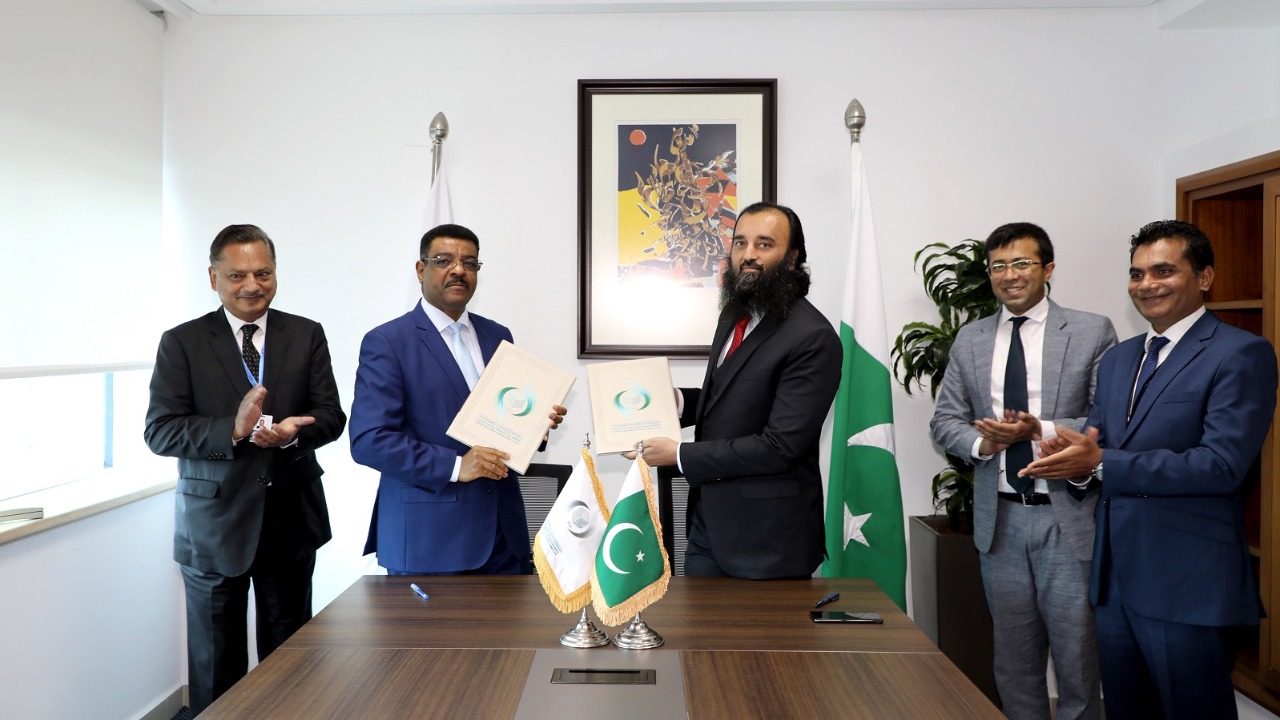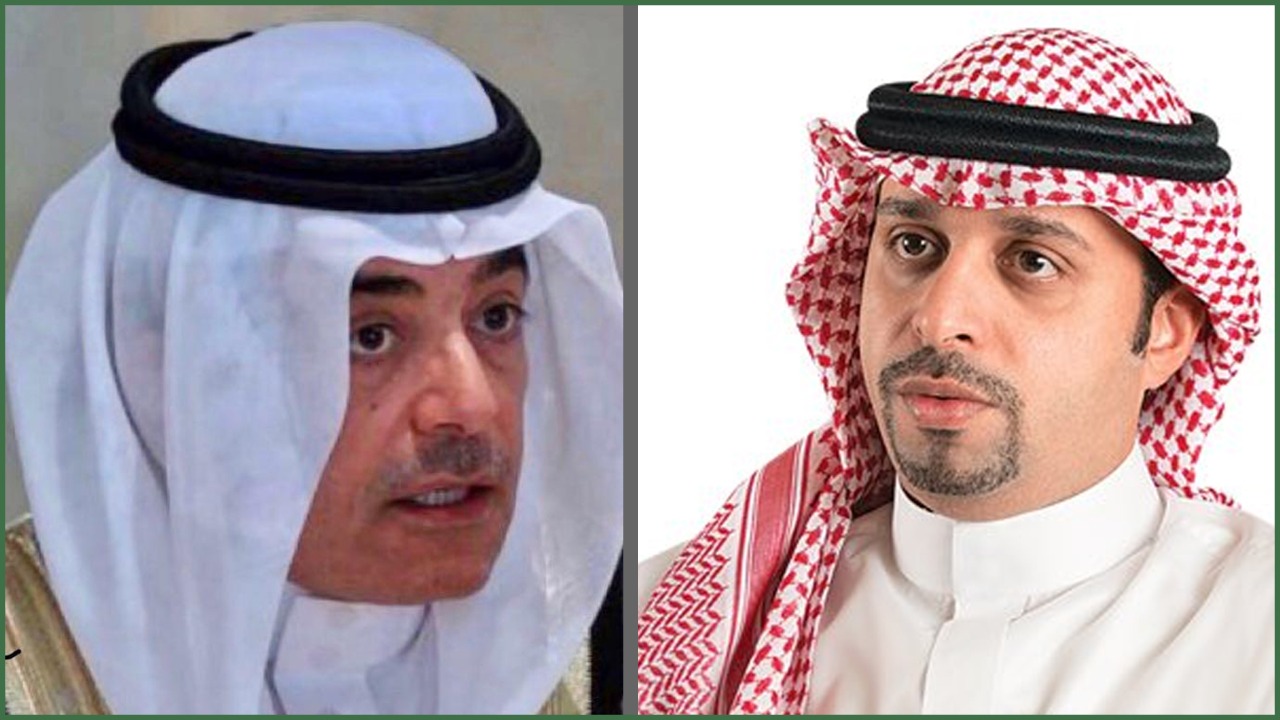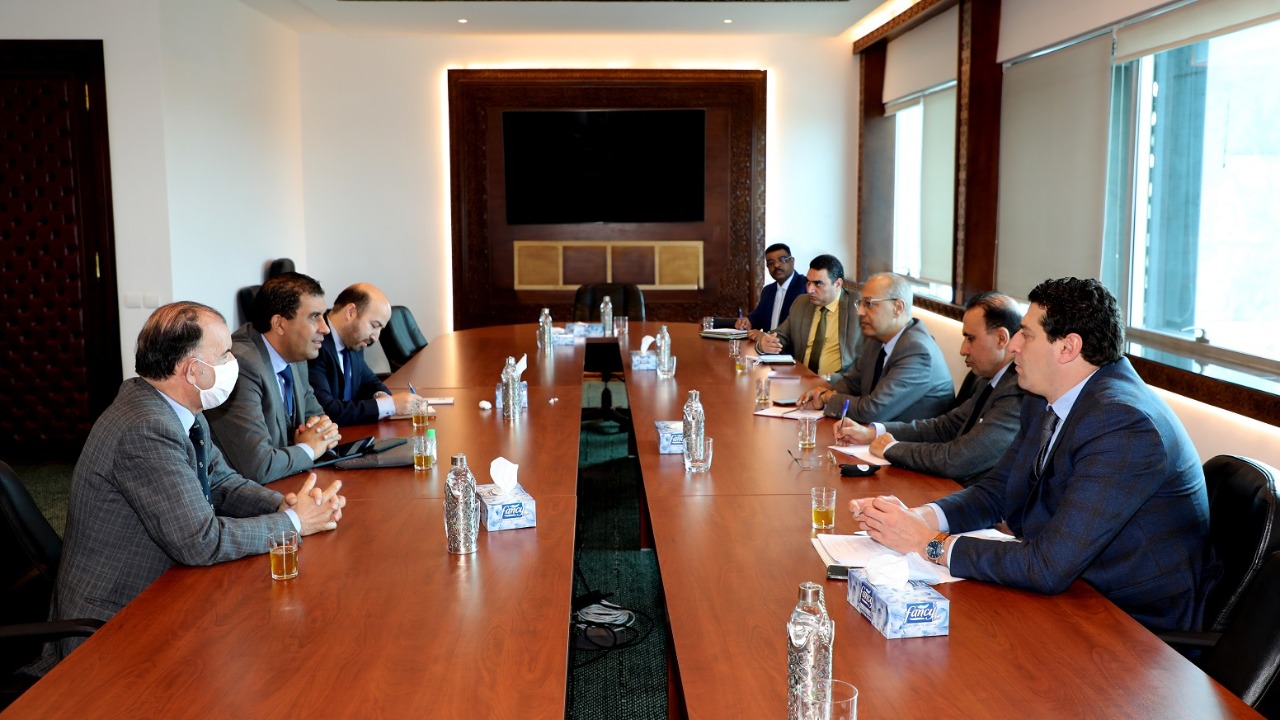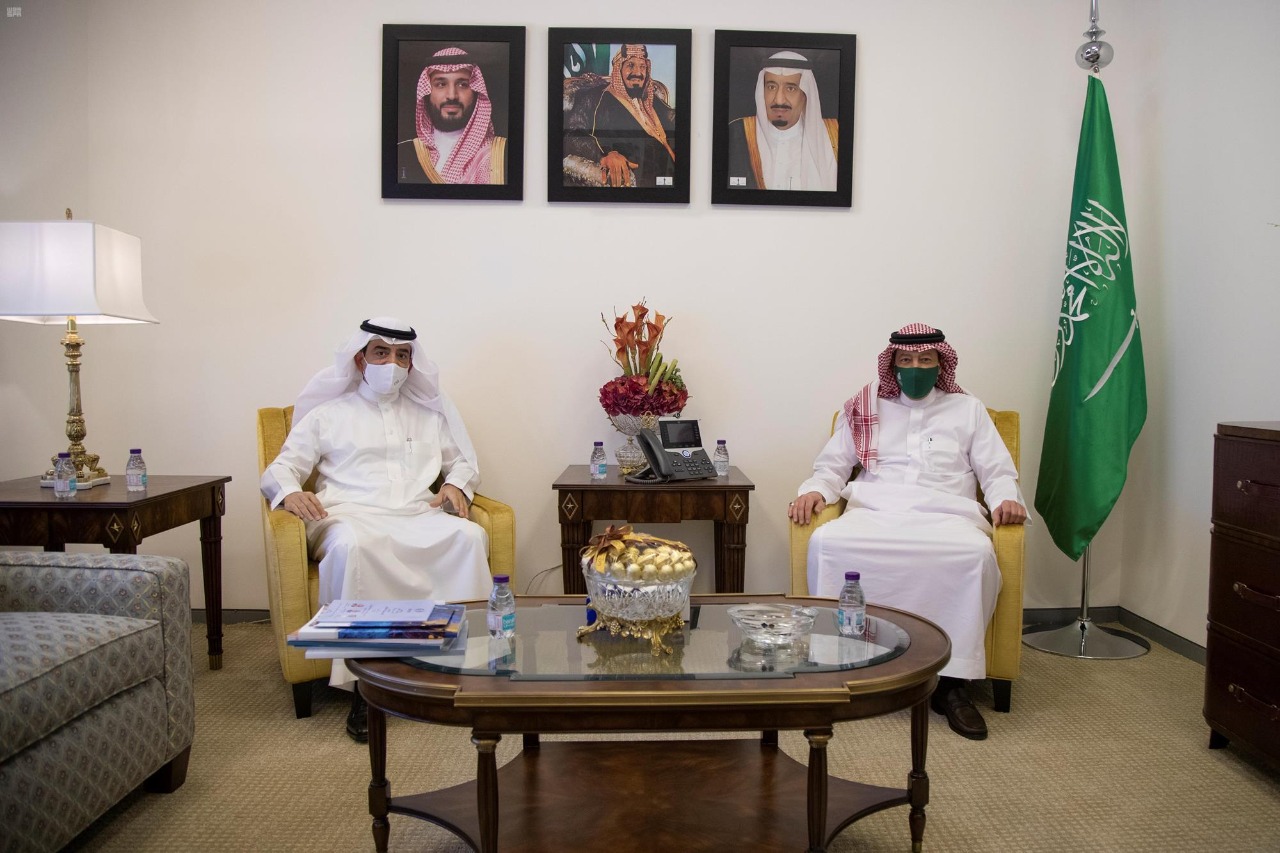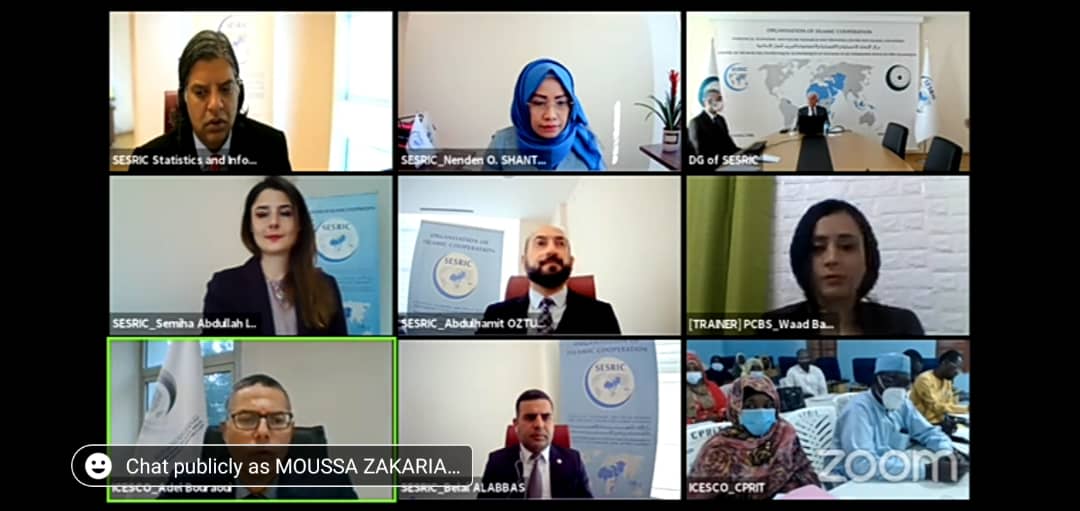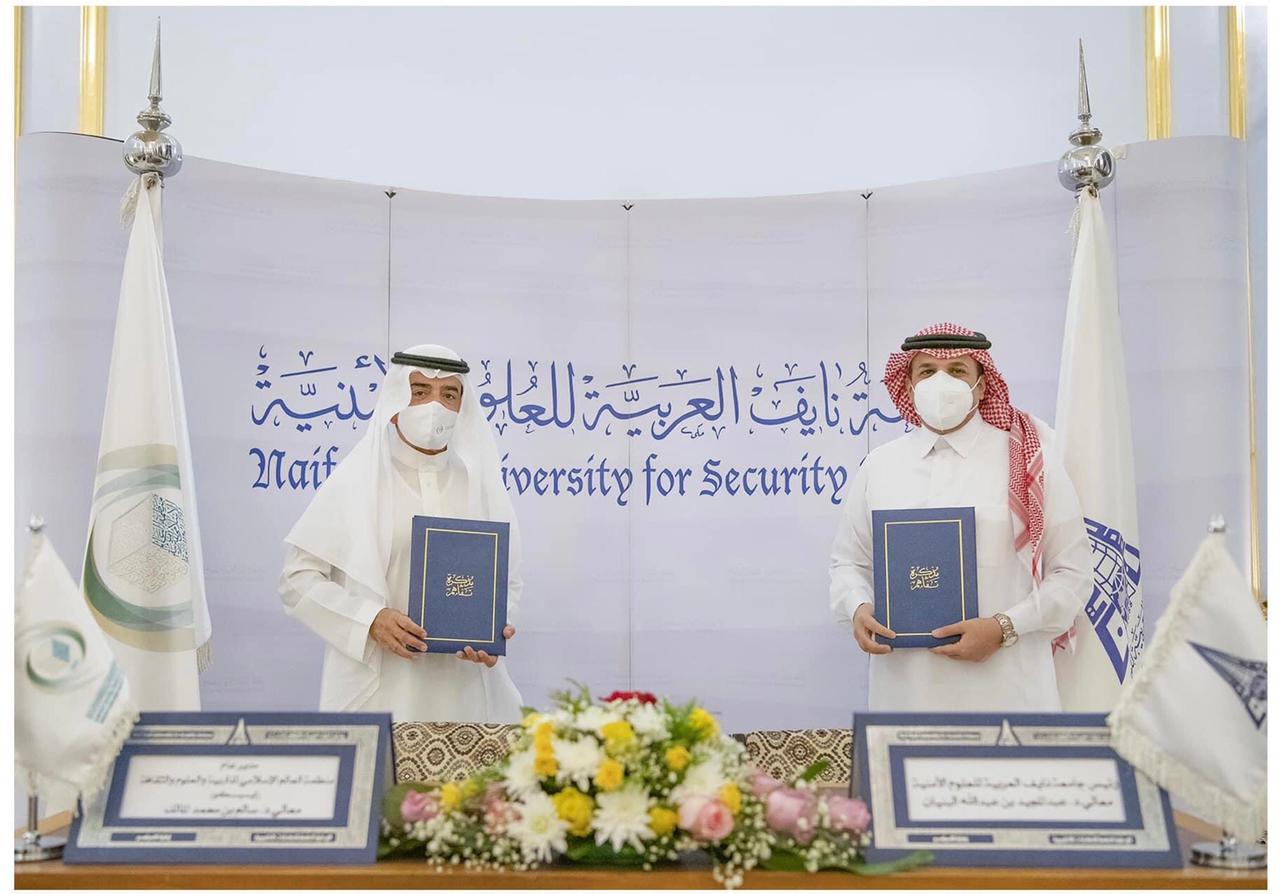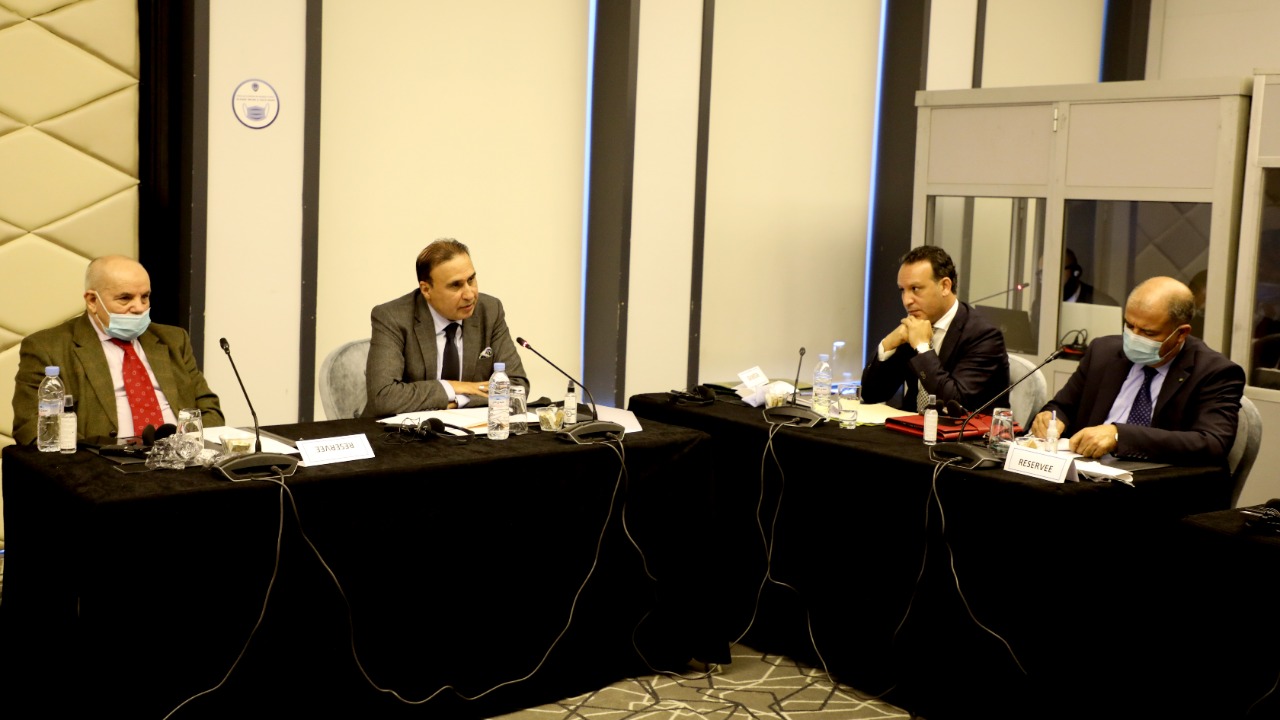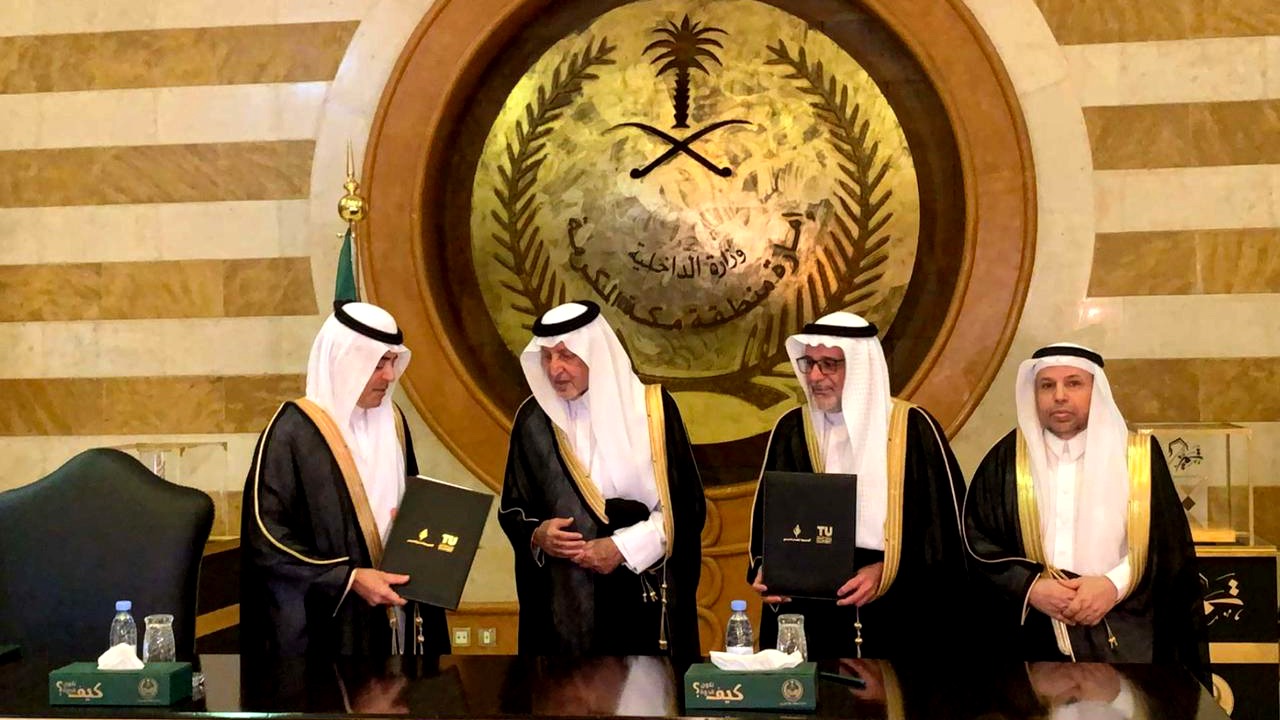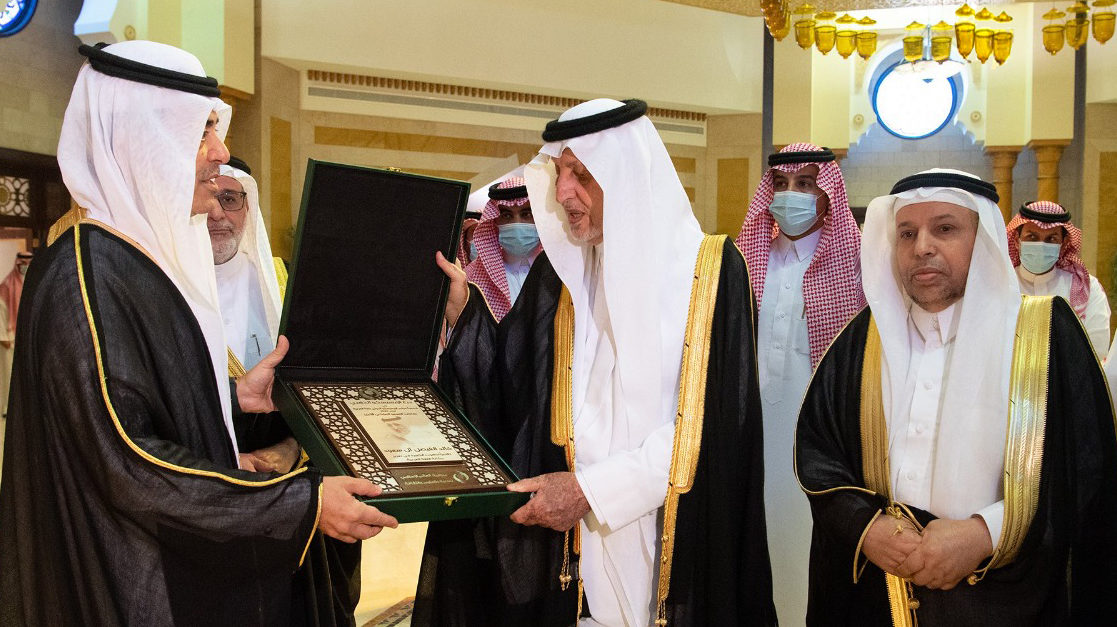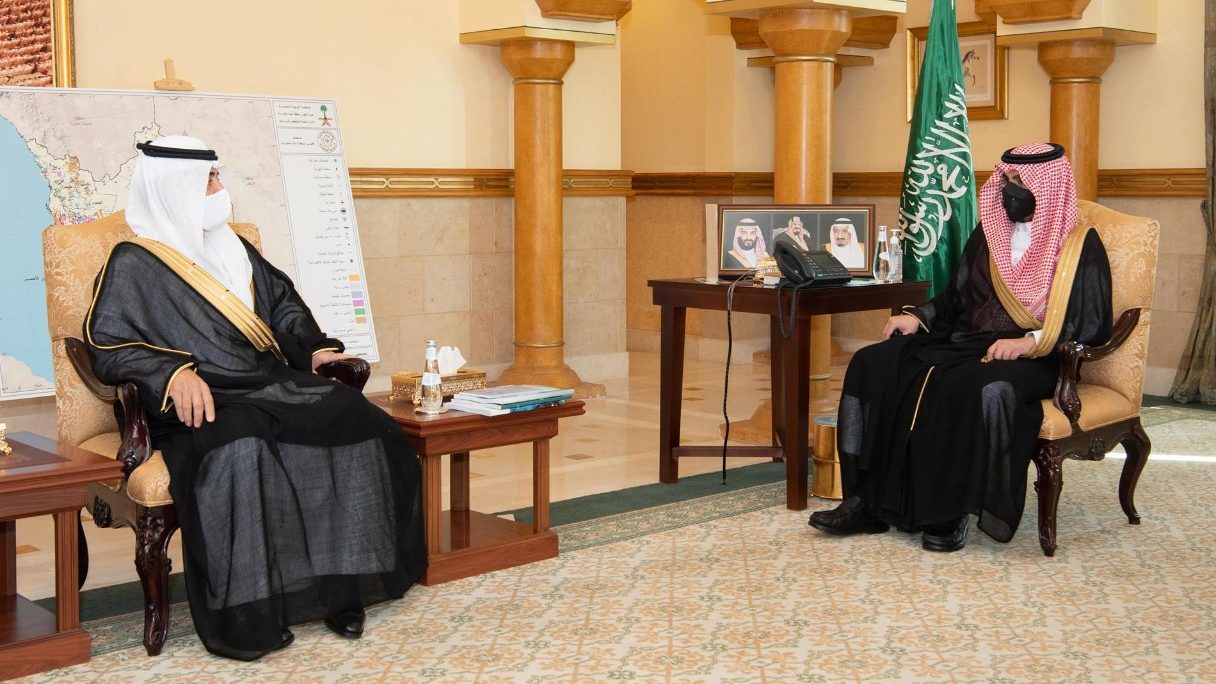The Headquarters of the Islamic World Educational, Scientific, and Cultural Organization (ICESCO) saw on Thursday, February 18, 2021, the signing of a partnership agreement between ICESCO and the University of Lahore (UOL) in Pakistan. The agreement provides for cooperation in project implementation promoting the quality of higher education, granting scholarships to students from the ICESCO Member States, and supporting scientific research in the Islamic world.
Ambassador Khalid Fath Al-Rahman, Supervisor of the Department of Partnerships and International Cooperation, signed the agreement on behalf of ICESCO and Mr. Awais Raoof, UOL’s Chairman of Board of Governors, signed the agreement on behalf of the University in the presence of several heads of ICESCO sectors and university representatives.

In his address at the signing ceremony, Dr. Rahil Qamar, Director of the Sector of Science and Technology at ICESCO, gave an overview of ICESCO’s new vision regarding the sector of science and technology, and the programmes that the Organization launched to build the capacities of scientists in the Islamic world. He also talked about ICESCO’s school grants and the announcement of ICESCO’s Prize for Innovation in Science and Technology.
Mr. Raaoof underlined the importance of joining efforts to promote research and innovation in the Islamic world. He expressed the University’s readiness to cooperate with ICESCO in areas of mutual interest, particularly in providing scholarships for students from the ICESCO Member States and holding training sessions for women leaderships in scientific fields as well as in other areas.
The agreement provides for supporting student exchange between universities, encouraging scientific research and technological innovation, and promoting joint research projects between universities and research centers in the Islamic world. It also provides for granting 20 scholarships to students at different higher education levels to study at the UOL; holding joint workshops, and supporting joint programs in the ICESCO Member States.


